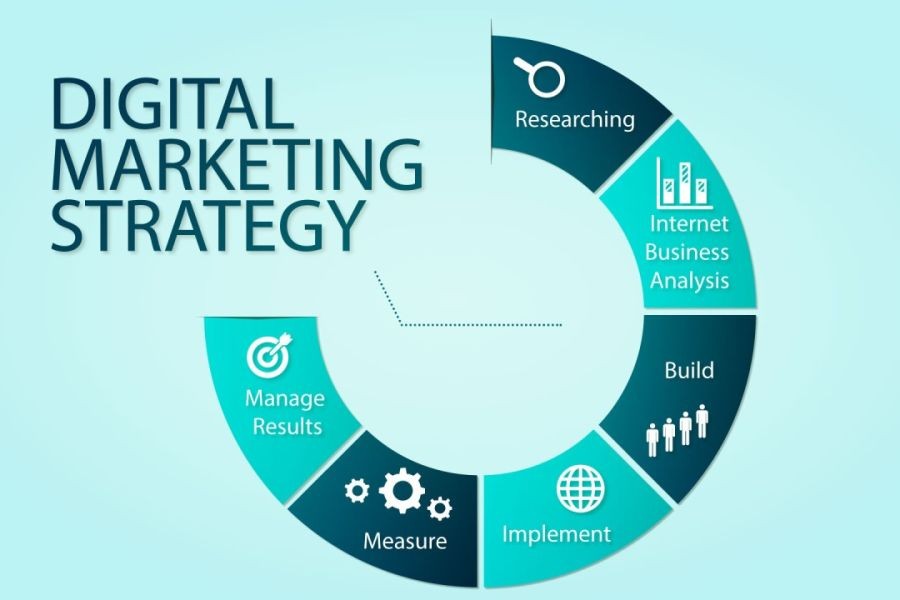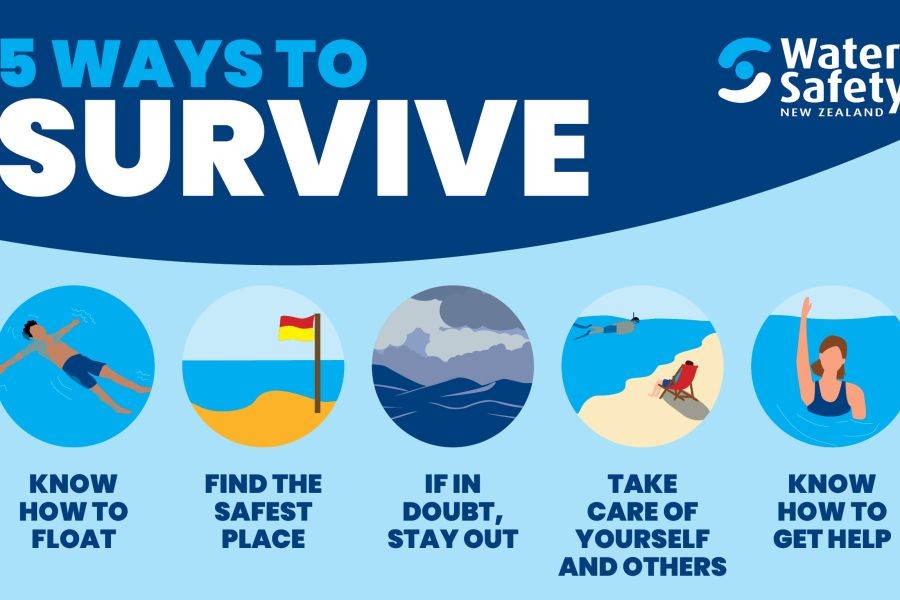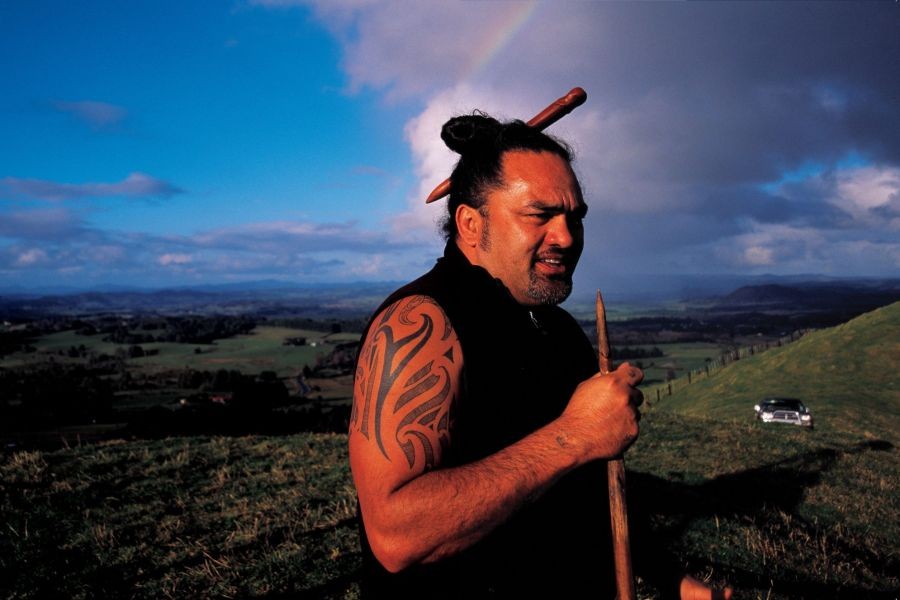In the vibrant landscape of New Zealand's business environment, the allure of social media as a marketing tool is almost irresistible. Yet, despite its global popularity, there are growing concerns that social media may be overrated in the context of New Zealand's digital marketing strategy. This article delves into the nuances of why social media might not be the panacea it's often touted to be, especially for Kiwi businesses in the real estate sector.
The Overhyped Promise of Social Media
The idea that social media is an essential component of digital marketing strategies is deeply ingrained in the global business psyche. Proponents argue that platforms like Facebook, Instagram, and LinkedIn offer unmatched reach and engagement opportunities. However, the reality for New Zealand businesses, particularly in the real estate sector, can be quite different.
A 2023 report from Stats NZ highlighted that only 30% of small businesses in New Zealand saw a significant return on investment from their social media marketing efforts. This suggests that, despite its potential, social media is not a surefire strategy for success.
Case Study: A Real Estate Agency’s Social Media Struggle
Consider the case of a Wellington-based real estate agency that invested heavily in Facebook and Instagram ads, hoping to attract more clients. Despite a substantial budget, the agency saw only a marginal increase in inquiries and no significant boost in sales. The problem wasn't the lack of effort; rather, it was the oversaturation of the market and the agency's inability to stand out among countless others vying for the same audience's attention.
This case reflects a broader trend where the potential of social media is often overestimated, leading to disappointing results.
Pros and Cons of Social Media in NZ Real Estate Marketing
Pros:
- Widespread Reach: Social media platforms have a vast user base, potentially allowing real estate agencies to reach a large audience.
- Engagement Opportunities: Platforms offer interactive tools that can enhance customer engagement and brand visibility.
- Cost-Effective Advertising: Compared to traditional media, social media advertising can be more affordable.
Cons:
- Market Saturation: With many businesses investing in social media, standing out becomes increasingly challenging.
- Questionable ROI: As highlighted by Stats NZ, a significant number of businesses struggle to achieve a positive return on their social media investments.
- Algorithm Dependency: Changes in platform algorithms can drastically affect visibility and engagement, making it an unreliable marketing channel.
Debunking Common Myths
- Myth: Social media is the most effective marketing tool for all businesses.
- Reality: While social media can be powerful, its effectiveness varies greatly depending on the industry and target audience. For New Zealand's real estate market, traditional methods often yield better results.
- Myth: More followers equal more sales.
- Reality: Engagement and conversion rates are more critical metrics than follower count. A large audience does not guarantee increased sales.
Expert Insight: The Real Estate Perspective
Renowned real estate strategist, Emma Collins, states, "In New Zealand, real estate success hinges more on local knowledge and personal connections than on digital presence. While social media has its place, it's often more about supporting traditional marketing rather than replacing it."
Alternative Strategies for Kiwi Real Estate Businesses
Given the limitations of social media, New Zealand businesses should consider diversifying their marketing strategies:
- Local Networking: Building relationships within the community can lead to word-of-mouth referrals, a powerful tool in real estate.
- Content Marketing: Creating valuable content can help establish authority and attract potential clients organically.
- Email Campaigns: Targeted email marketing allows for personalized communication, often resulting in higher conversion rates.
Future Trends and Predictions
Looking ahead, the digital marketing landscape in New Zealand is poised for significant transformation. According to a report by the Reserve Bank of New Zealand, technological advancements and data analytics will play a more prominent role. Businesses that adapt to these changes by integrating AI-driven insights into their marketing strategies will likely outperform those relying solely on traditional social media campaigns.
Moreover, as privacy concerns grow, platforms may face stricter regulations, further impacting their effectiveness as marketing tools.
Conclusion
While social media offers certain advantages, its role in New Zealand's real estate marketing strategy is not as dominant as often perceived. Businesses should critically assess their marketing efforts and consider integrating more diverse and locally-relevant strategies. As the digital landscape evolves, staying informed and adaptable will be key to success.
What’s your take on the role of social media in New Zealand's marketing strategy? Share your insights below!
People Also Ask
- Is social media effective for real estate marketing in New Zealand? While social media can reach a broad audience, many NZ real estate agencies find traditional methods more effective for closing sales.
- What are the risks of relying solely on social media for marketing? Businesses risk low ROI, market saturation, and dependency on unpredictable algorithms.
- What alternatives to social media should NZ businesses consider? Focus on local networking, content marketing, and personalized email campaigns to engage with potential clients more effectively.
Related Search Queries
- Social media marketing strategies in New Zealand
- Real estate marketing trends NZ 2024
- Alternative marketing channels for real estate
- Effectiveness of social media in NZ business
- Local marketing strategies for Kiwi businesses
































richelleoleary
9 months ago